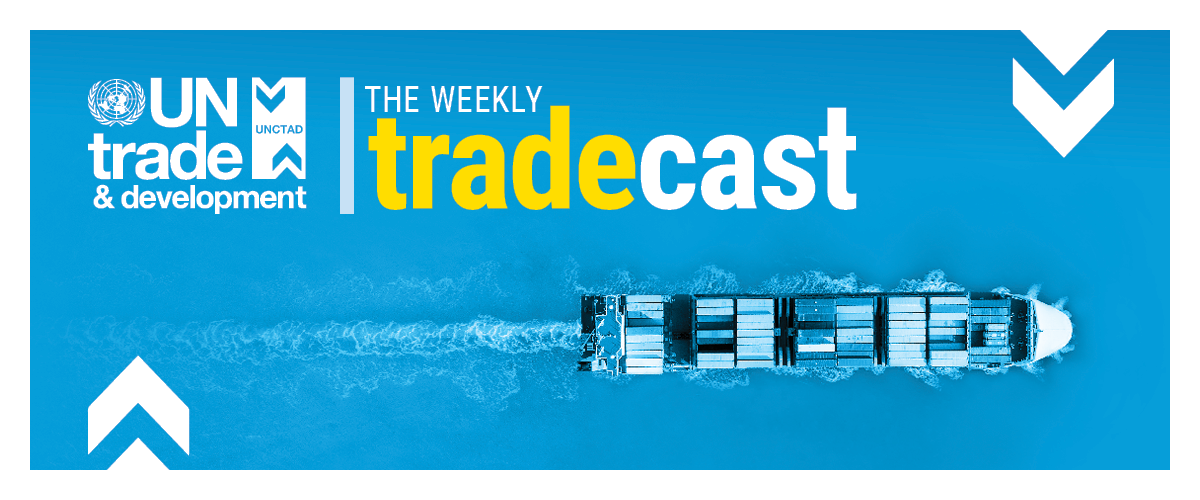
The Weekly Tradecast explores how major economic events are affecting developing countries and the lives of billions of people.
As the world moves toward a more sustainable future, nuclear energy is back in the spotlight. While wind and solar power are key to reducing carbon emissions, their intermittent nature presents challenges.
From microplastics polluting our oceans to carcinogenic chemicals and mountains of waste in landfills, the fashion industry’s environmental footprint is growing as quickly as the trends it churns out.
What is the real value of investment in today’s world? From green energy to public infrastructure, investment has the power to reshape economies and drive meaningful change.
As the race for critical minerals heats up, deep sea mining is being hailed by some as a path to a greener future – and condemned by others as a major threat to marine life.
Hemp is an environmentally friendly and versatile plant used in various industries, from textiles and ropes to medicine and construction. Yet, this wonder plant has not reached its full potential, partly because it belongs to the cannabis family.
It’s more than just a metal. It’s in our phones, our homes, our cars – quietly powering our daily lives. As demand increases for clean technologies, like solar panels and electric vehicles, copper is increasingly in the spotlight.
Antibiotics save lives. But when the supplies run low or bacteria become resistant, the risks grow – especially in developing countries.
In this episode of The Weekly Tradecast, Luz María de la Mora, Director of UNCTAD’s Trade Division, looks into the complex realities behind today’s trade debates.
The Weekly Tradecast looks at tariffs with Emily Blanchard, a former Chief Economist at the U.S. State Department.
The Weekly Tradecast looks at the global trade in food and why developing countries must move up the value chain to help drive the sustainability of what we eat with Jennifer Clapp, Canada Research Chair in Global Food Security and Sustainability.


